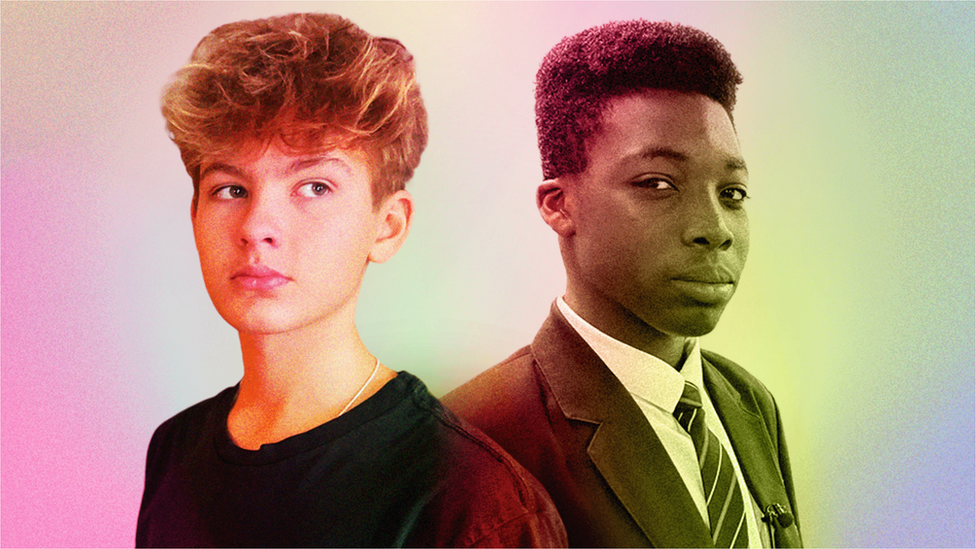Is AI the future of education in the South East?
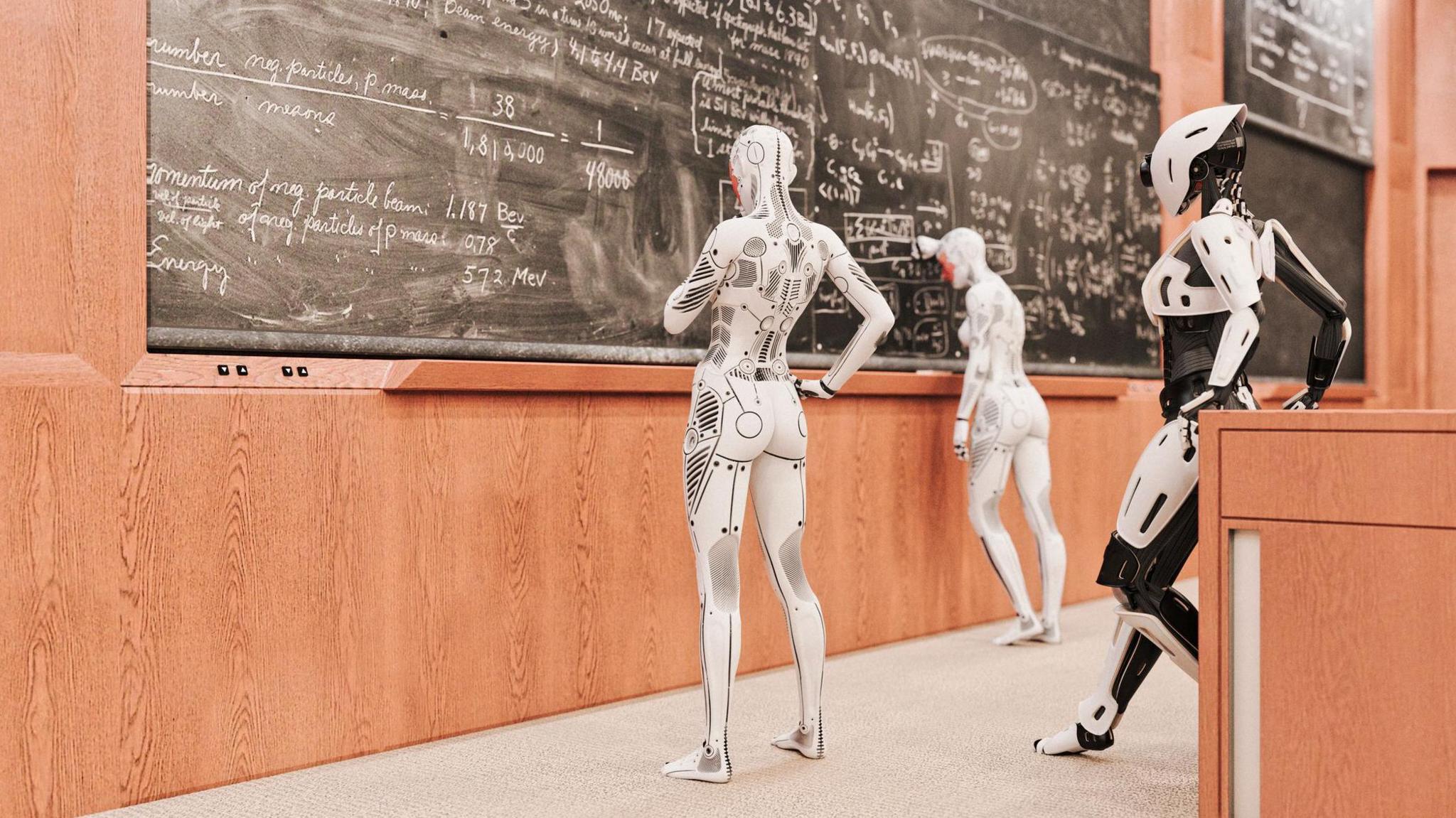
What could the the role of AI be in education? (Stock photo)
- Published
Artificial intelligence (AI) in education was once just considered a tool used by pupils to help write their essays, but schools themselves in the South East are beginning to harness the technology too.
A West Sussex boarding prep school now has an AI head teacher acting as a "co-pilot" with the school's human leader Tom Rogerson.
Cottesmore School has also allowed students to design their perfect tutor using the technology.
The government has said AI has the power to "transform education".
How AI is being used
Some schools in the South East have used the technology to help with formatting worksheets, but the AI head teacher was brought in to give advice on issues such as how to support teachers and staff members, as well as ways to help children with additional needs.
Mr Rogerson, head teacher at Cottesmore School, said: "It's there for advice and to clarify thoughts and as a sounding board."
On top of this the AI tutors were adopted so students could ask questions when one-on-one time with their teachers was not available.
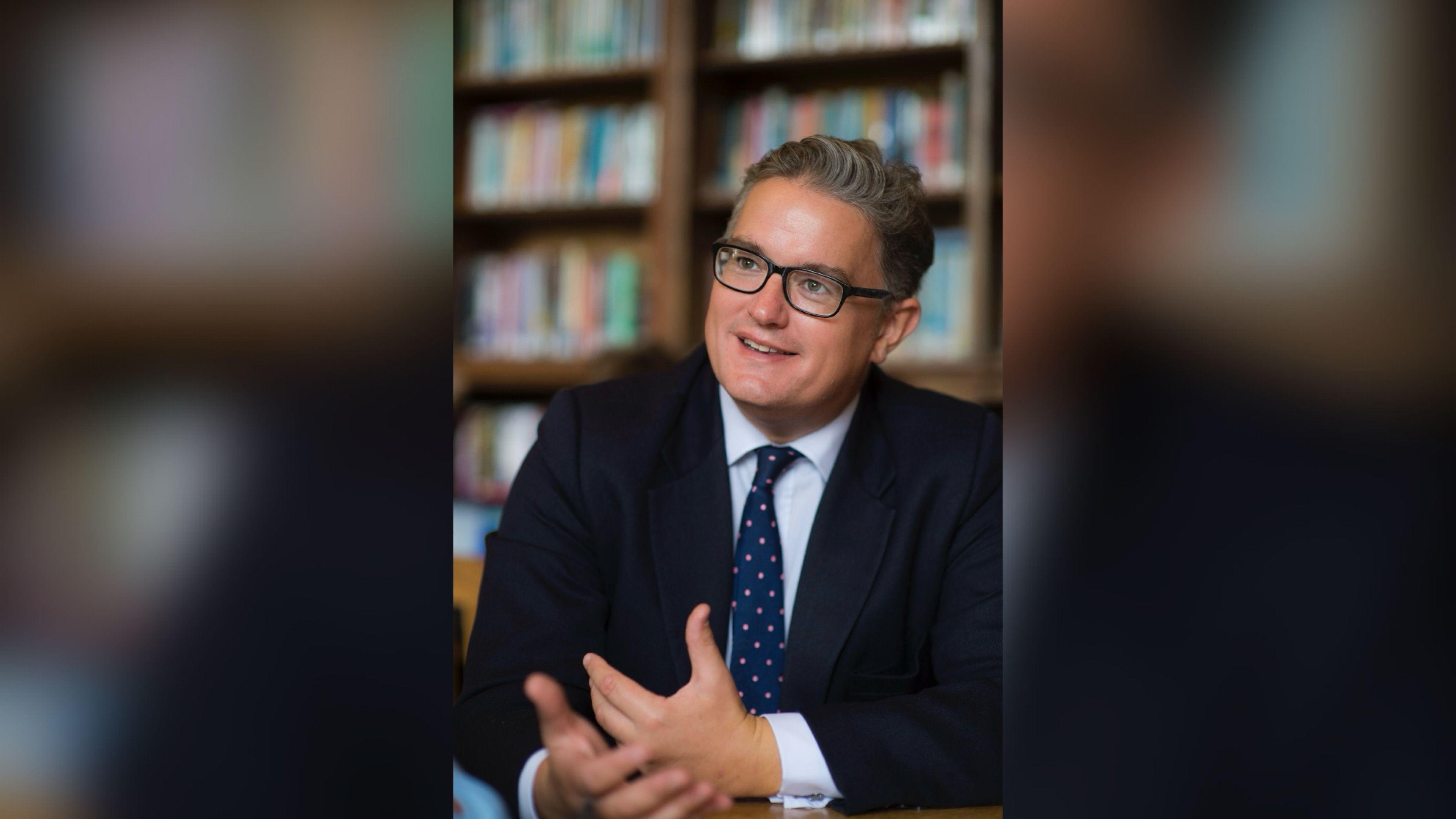
Tom Rogerson has been working with an AI headteacher
The school in Pease Pottage, which educates children aged eight to 13, also set up the "my future school" project, where children design their perfect imaginary school with the help of AI.
AI has also been incorporated into lessons in Turner Schools in Folkestone, Kent, to teach students about how to use it responsibly.
Its future impact
Dr Chris Trace, head of digital learning at the University of Surrey, explained that AI was "here to stay, and it's only getting better and faster".
He said: "In the future world of work I see that AI will be an integral tool.
"You may not have your job replaced by AI, but you will likely have it replaced by somebody who can use AI."
Dr Trace claimed that in the future a student's progress could be tracked with the help of AI to know what they understood, and what they needed help with.
"I think the future really is bright for education and technology and its use, especially in the South East."
Head teacher Mr Rogerson said he thought AI would "turn education on its head".
AI could also help teach people in a "very individual and bespoke way" while making education more efficient, he explained.
The concerns
Mr Rogerson said it was "hugely important" that human teachers were always in the picture.
Students also need to be taught about AI's limitations, he said.
"It's very important that we don't humanise the technology too much and we realise what it is and we treat it as such."
The head teacher said the education sector needed to be "very, very careful" about how it was used.
"We do really need to thoughtfully embrace this technology to test out its limits, to not just assume it's all good, equally don't assume it's all bad," Dr Trace added.
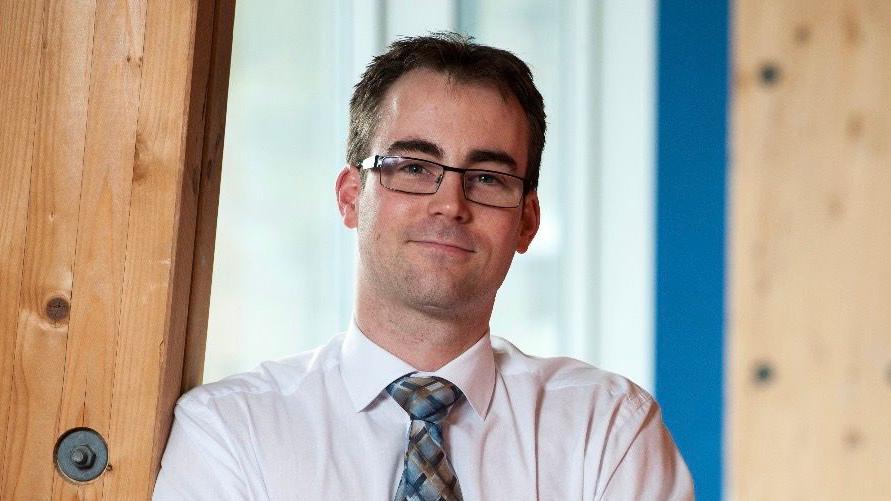
Dr Chris Trace said AI would become "integral" in the future
A prominent concern nationally is students plagiarising with AI.
Dr Trace explained that a lot of the original work surrounding AI and education focussed on counteracting cheating.
Cerys Walker, digital provision leader for Turner Schools in Folkestone, says teachers can use detectors, but AI could "produce results that seem so natural, it can be hard to spot".
She also explained that not all students had the same level of access to technology at home, which could "increase disadvantage".
Ms Walker added that she thought the schools had the duty to educate students about the ethical use of AI, as well as its disadvantages.
The Department for Education said for AI's potential to be realised both its opportunities and risks had be understood.
Related topics
- Published9 May 2023
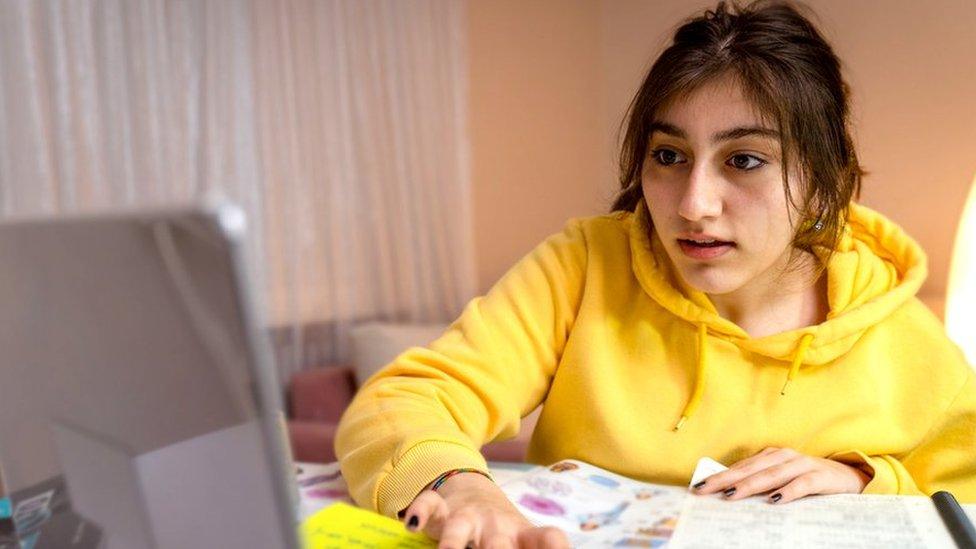
- Published31 October 2023
